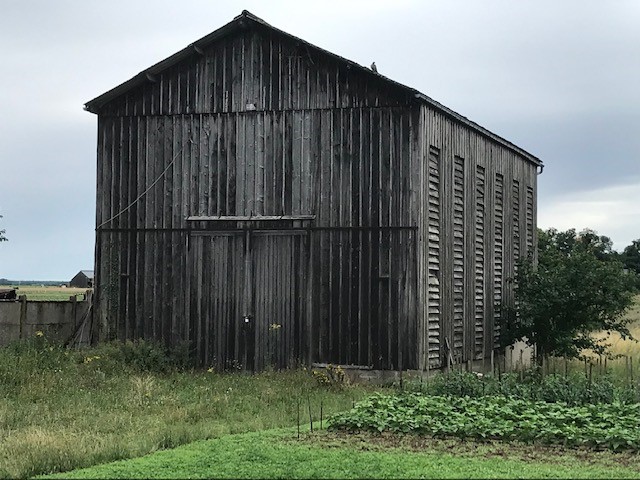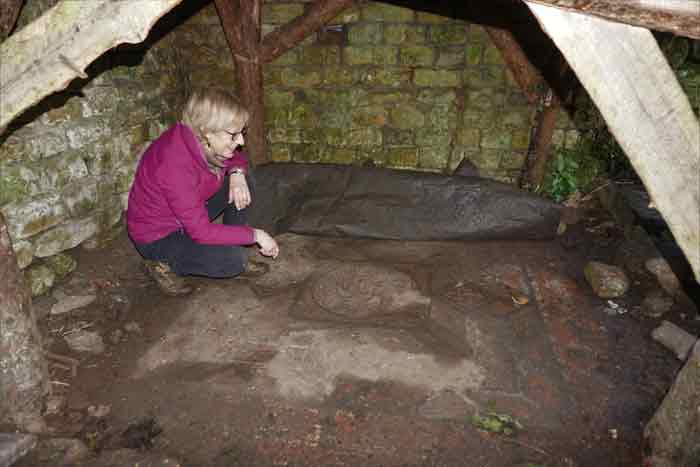We’d intended to spend the next two nights at Blois, but when we arrived at the freebee campsite in the heart of the town the gates were chained and it was clear that the site is no longer used. Our fall-back position was a much smaller site at St Claude de Direy, a rural community about four miles from Blois and about a mile from the Loire. In many ways this was a much better outcome as for much of the time we were the only occupants of the site and once again the authorities had been thoughtful enough to provide a bright and shiny, self cleaning, stainless steel, fully automatic loo.
We initially parked the van in the car park of the village Salle de Fetes but later moved a hundred meters or so to the official camp site when we realized that there was a wedding reception taking place in the Salle that evening. As the wedding guests started to arrive we couldn’t help but observe that most were dressed in clothes that the local charity shops had quite clearly rejected as being sub-standard. Whatever happened to French style and chic?
On a more positive note, at some point in time some local official had been thoughtful enough to put up a number of informative signs around St Claude de Diray telling the history of the village – they even had English translations. One particular sign explained that the large wooden barns that are still to be found around the village were originally built for tobacco drying.
 Well, you could have knocked us over with a couple of feathers! Tobacco growing in western Europe, who’d have thought it? Now, Google is a wonderful thing, but once you start looking into these things you just never know where you’ll end up – for example, did you know that the centre of the 17th Century English tobacco growing industry was ………….. Winchcombe in the Cotswolds. Who knew?
Well, you could have knocked us over with a couple of feathers! Tobacco growing in western Europe, who’d have thought it? Now, Google is a wonderful thing, but once you start looking into these things you just never know where you’ll end up – for example, did you know that the centre of the 17th Century English tobacco growing industry was ………….. Winchcombe in the Cotswolds. Who knew?

